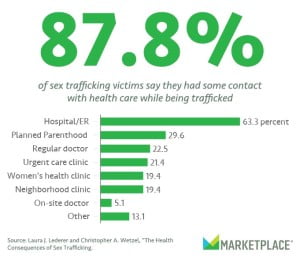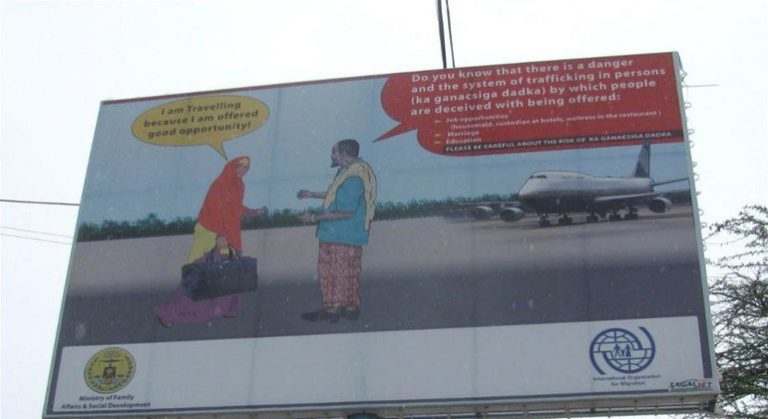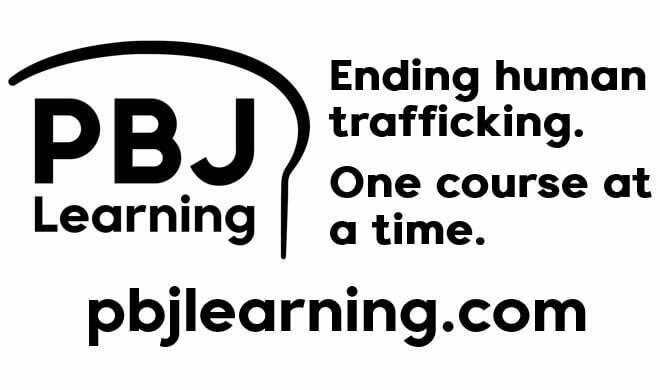Victims Health Survey – Health Consequences of Sex Trafficking
The Beazley Institute for Health Law and Policy at Loyola University Chicago recently released the Annals, a bi-annual journal covering health law topics. In this Winter 2014 issue, Laura Lederer, J.D., President of Global Centurion, and Chris Wetzel, published an article on “The Health Consequences of Sex Trafficking and Their Implications for Identifying Victims in […]



